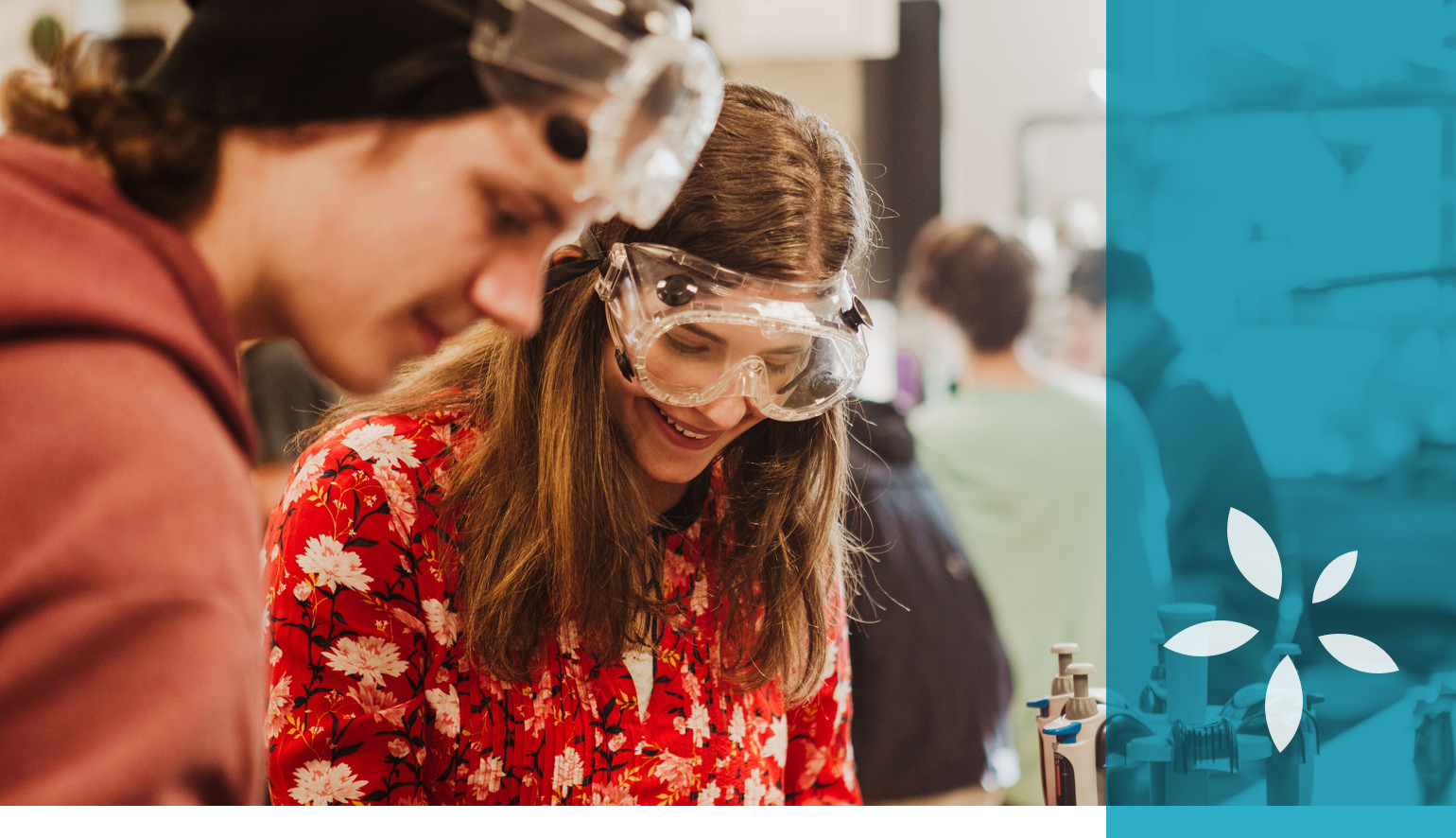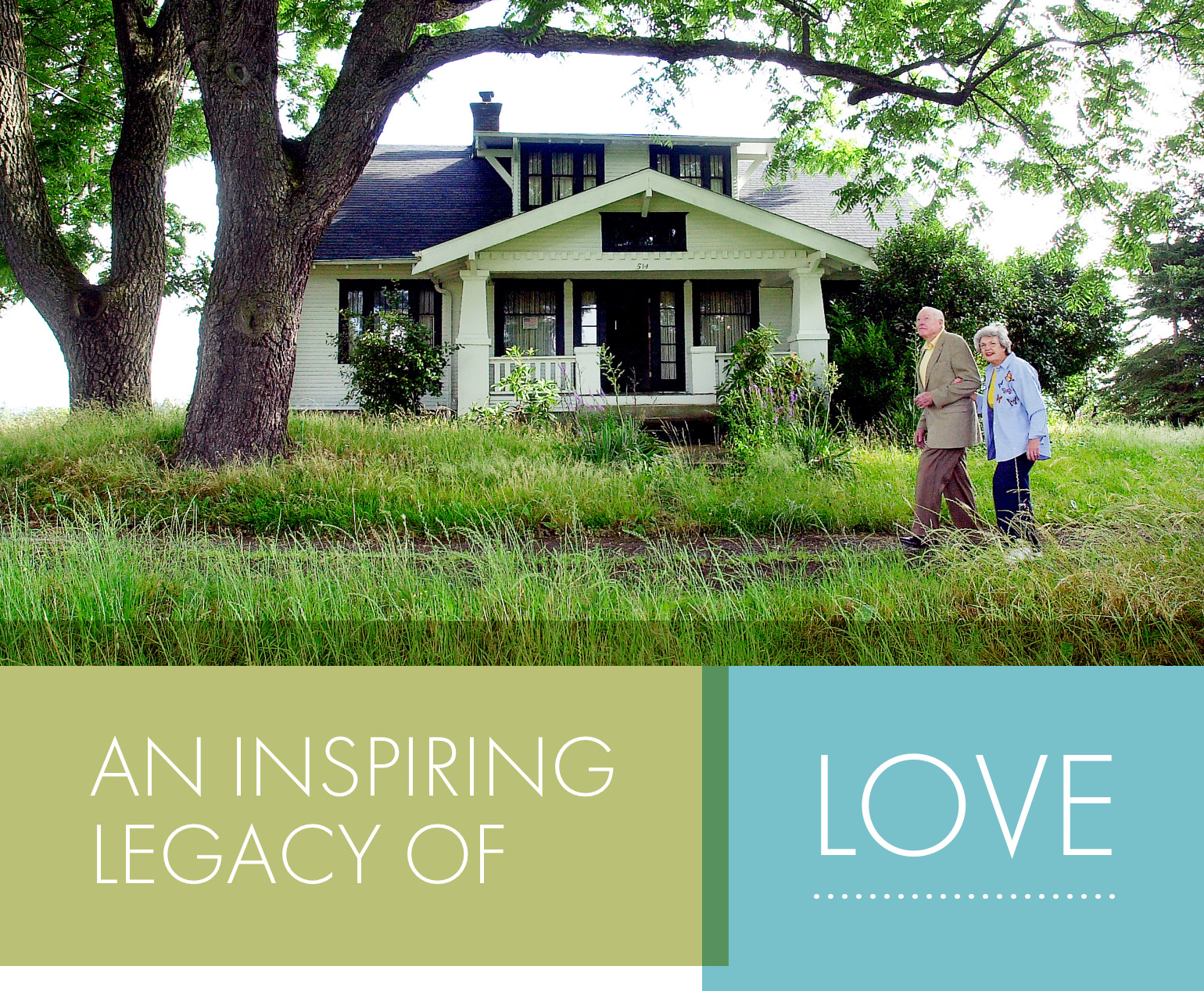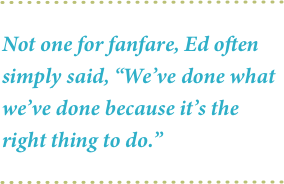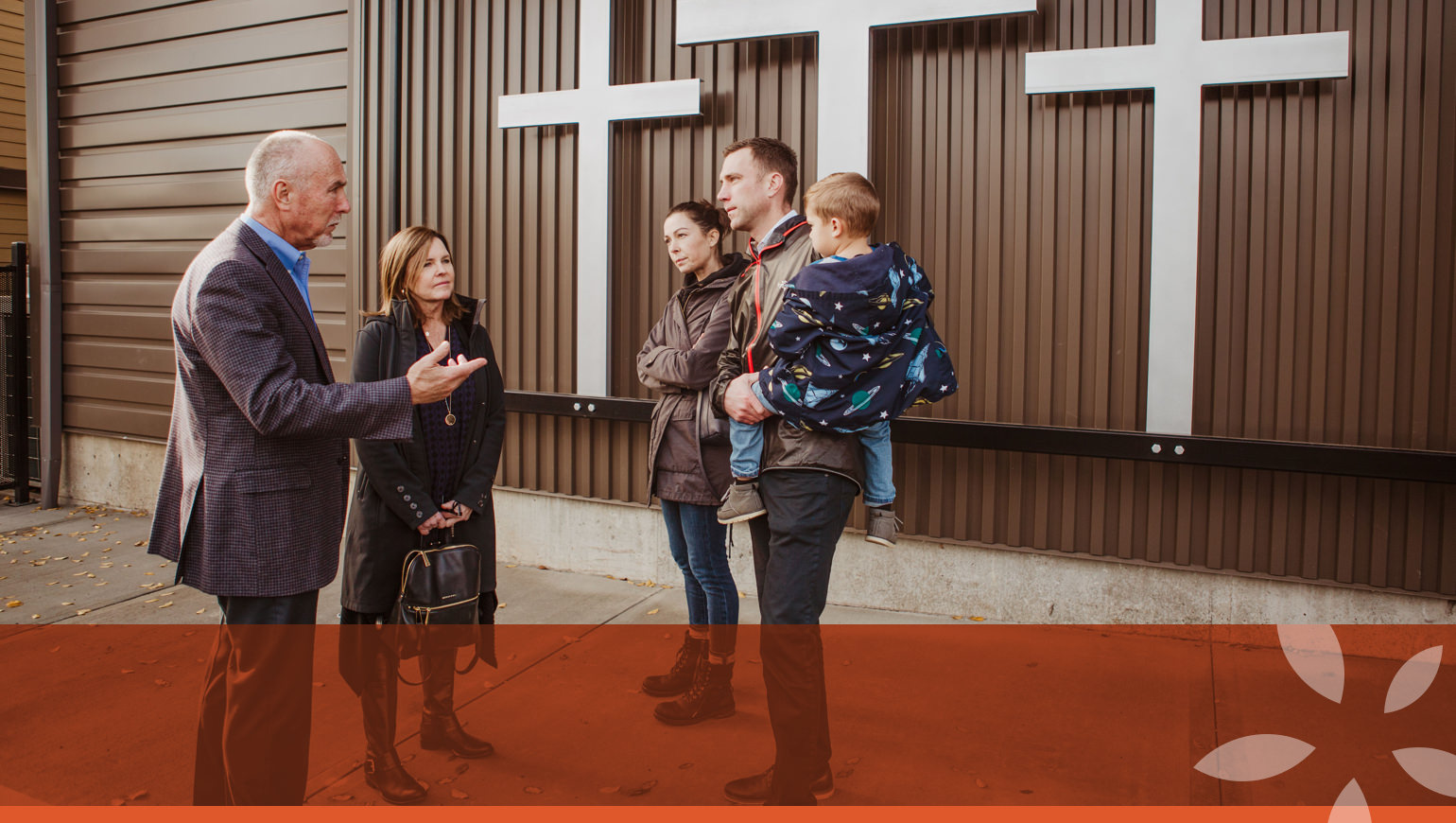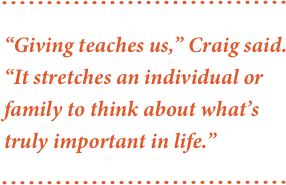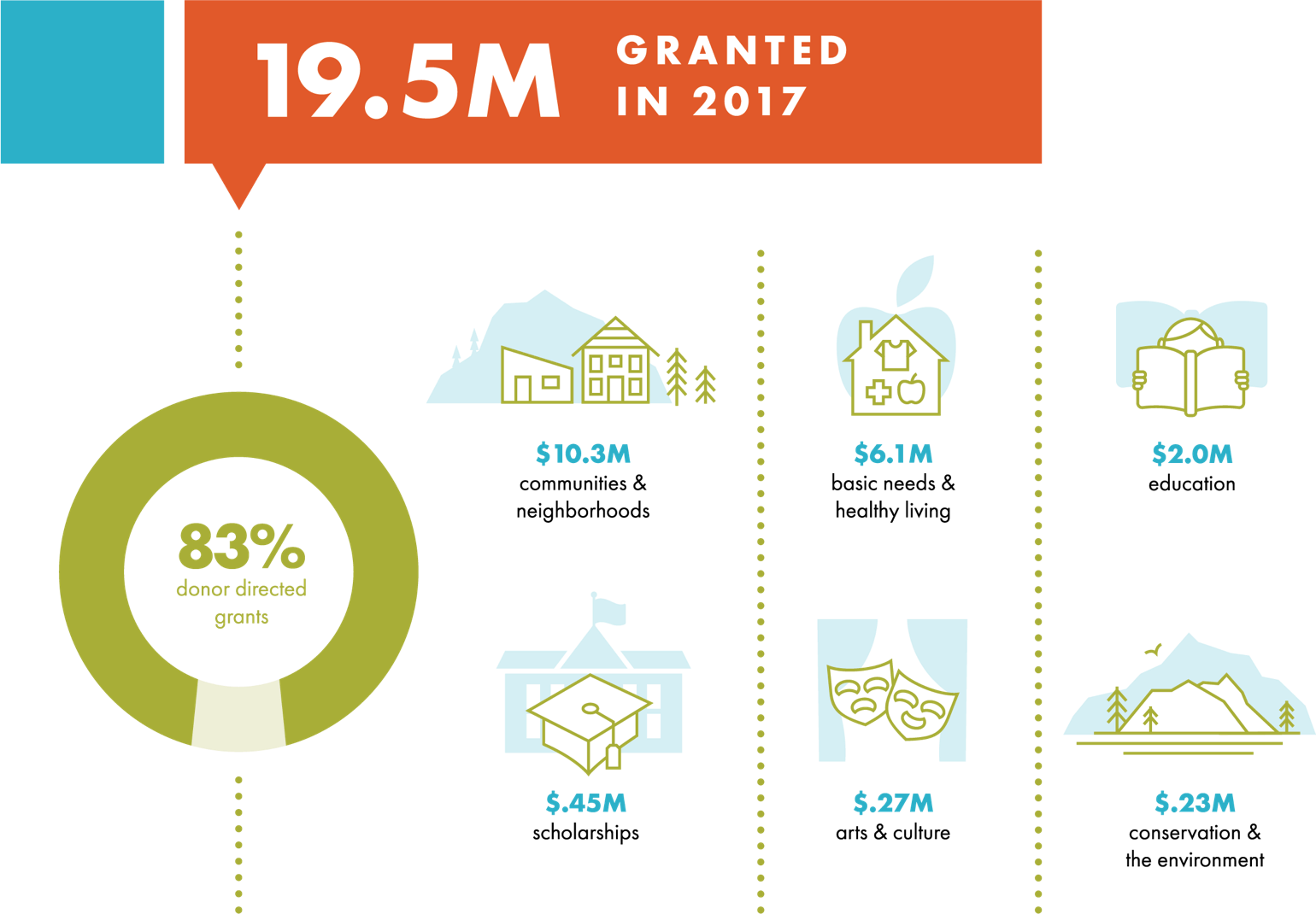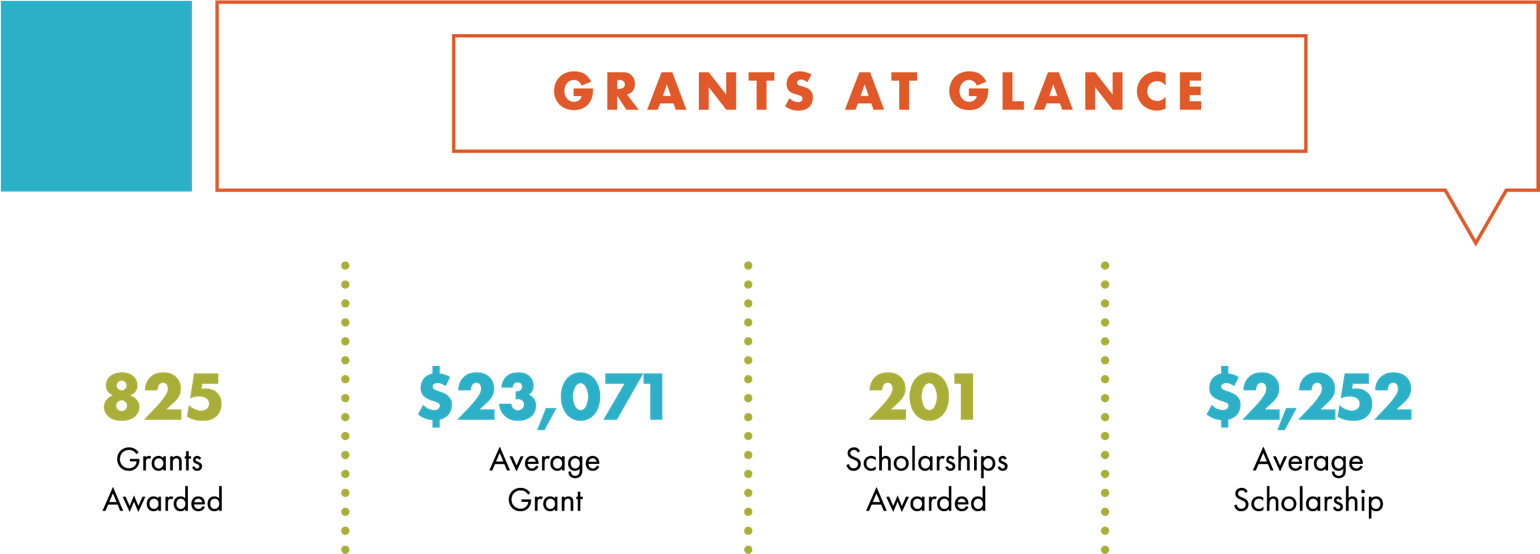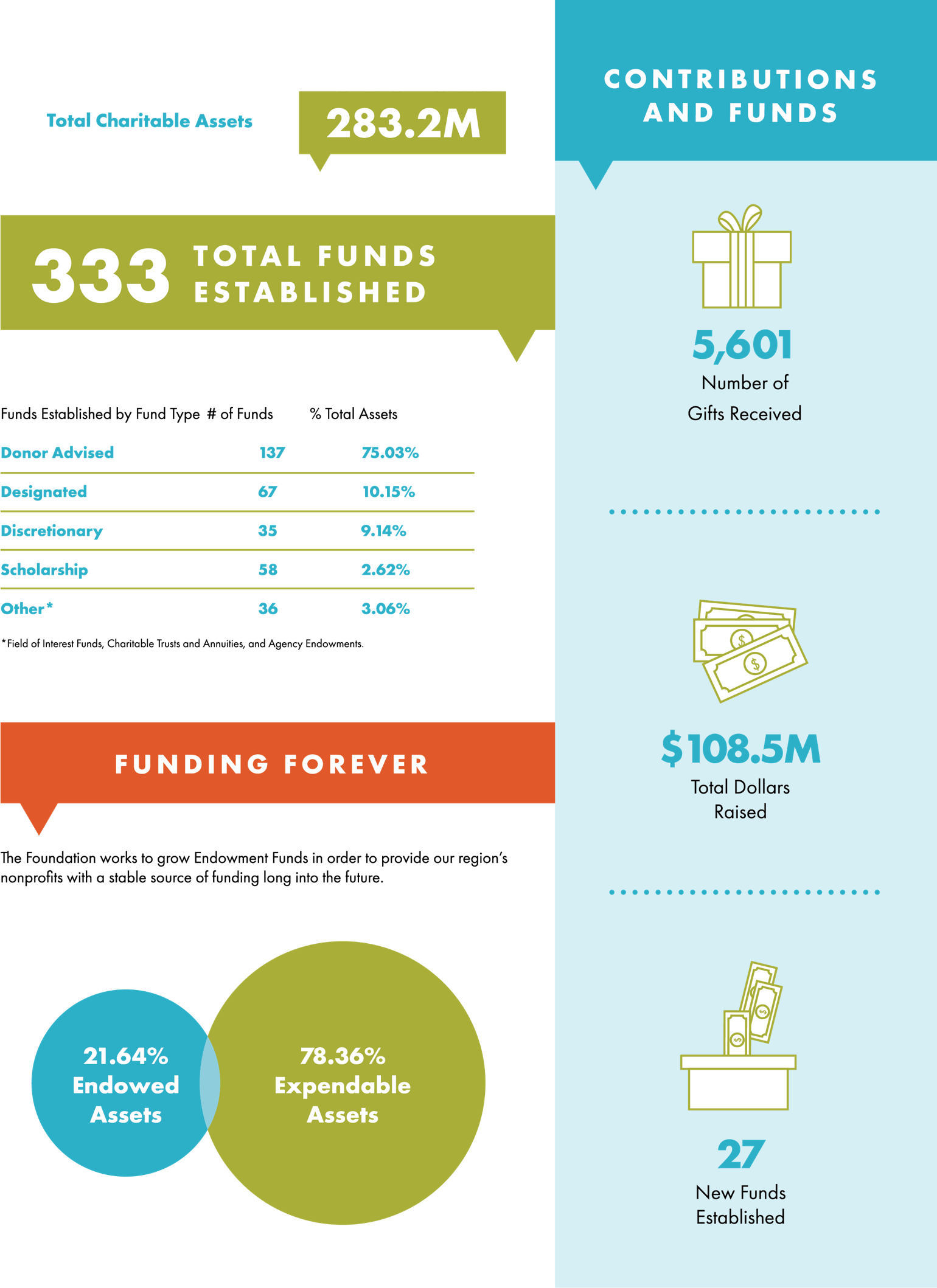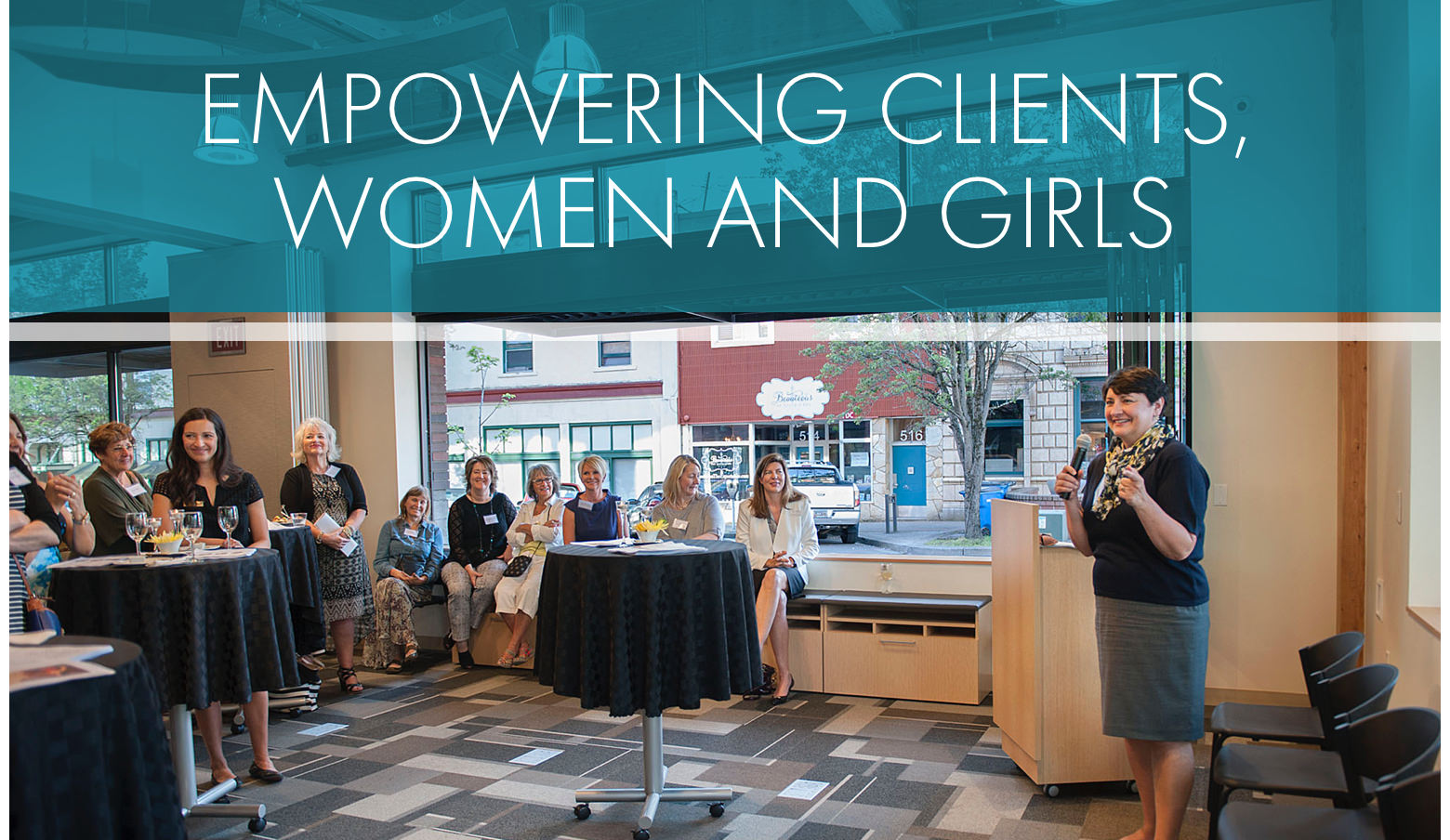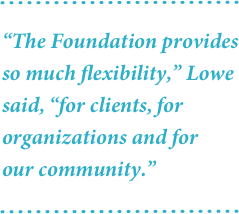
As we mark another year of local philanthropy, it’s important to reflect. Yes, on the year itself, but also on the many moments that made it meaningful. Our impact is a collection of heartfelt choices and human interactions, and this personal touch fades away when we focus solely on dollars raised or grants provided.
Behind our financials are dynamic stories, and we all have the ability to write our own. No matter what moment we find ourselves in, an opportunity to give will eventually arise. Our board and committee members seize this opportunity by volunteering to help guide our organization and uphold its commitment to the community. Our fundholders and donors welcome it with generous hands and the vision of creating a better tomorrow for others.
These contributions are made with the hope of creating incredible moments, no matter how small or large each might seem. The proud smile of a student at graduation; the comfort of a meal at home; the enthusiasm of a small business owner; the power of people working toward a common cause; all are important signs of progress and prosperity.
When your opportunity arrives, the Community Foundation is ready to help make stories like the ones featured in the following pages possible. We understand the heart of giving and are honored to carry out this important work on behalf of our donors, local nonprofits and the larger community.
The issues we’re addressing together are urgent, and every moment counts.
Gratefully,

Jennifer Rhoads
President




